Depression is no joke, it’s a real thing that affects a lot of people, men included. But here’s the problem – it’s not always easy to spot the signs. Some guys tend to bottle things up, and people might not even realize what’s going on. And let’s face it, society sometimes tells men to “tough it out” instead of asking for help. So, we need to start talking about this stuff openly. That’s why we’re here to shed some light on those sneaky signs of depression that often fly under the radar, especially in men.
1. You feel irritated and angry more often than not.
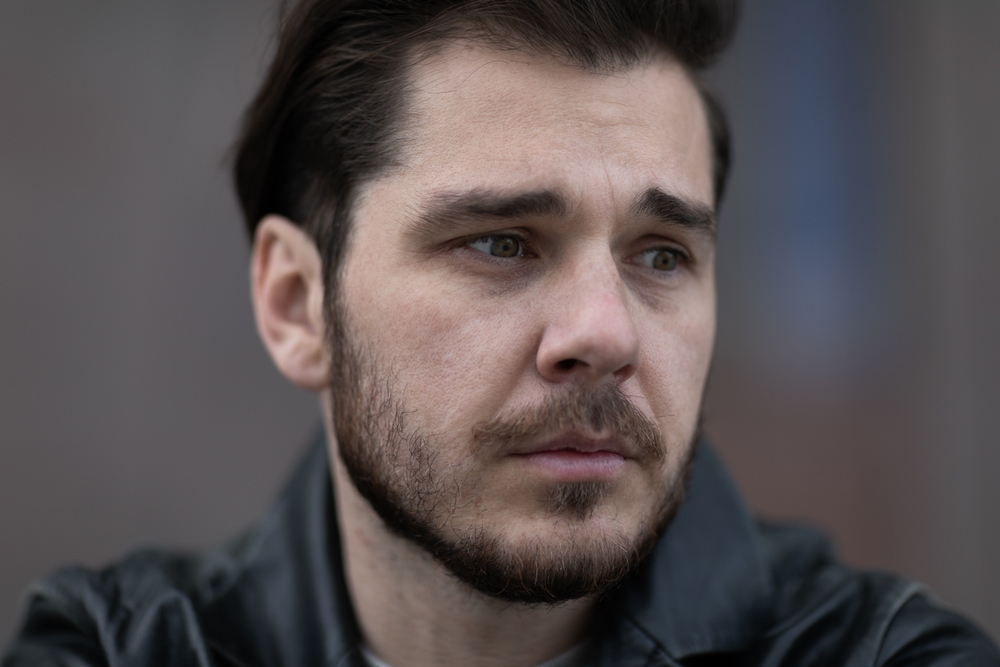
Maybe you’ve been snapping at loved ones, getting easily frustrated in traffic, or feeling like the world is just rubbing you the wrong way. This isn’t about the occasional bad mood – we all have those. This is a persistent feeling of anger that just seems to hang around, even when there’s no good reason for it. It can be a big red flag for depression, especially if it’s accompanied by other symptoms on this list.
2. You’ve lost interest in things you used to enjoy.
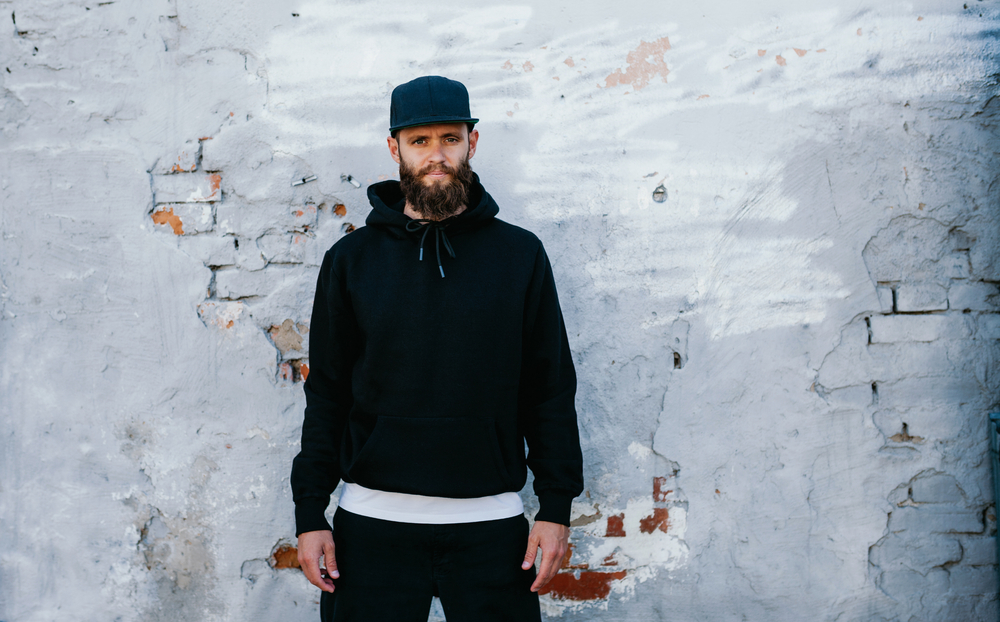
That hobby that used to light you up? Now it feels like a chore. Maybe you’ve stopped going to the gym, or you don’t care to hang out with friends anymore. Even those simple pleasures, like watching a movie or listening to music, just don’t hit the same way they used to. This loss of interest is a common symptom of depression, and it can make it even harder to climb out of the hole.
3. You’re sleeping too much or too little.

Are you constantly exhausted, no matter how much sleep you get? Or maybe you’re tossing and turning all night, unable to fall asleep? Depression can mess with your sleep cycle in all sorts of ways. It’s like a vicious cycle – the lack of sleep makes you feel worse, and feeling worse makes it harder to sleep. If your sleep patterns have gone haywire, and you can’t seem to find that sweet spot, it’s worth paying attention to.
4. You’re turning to substances to cope.
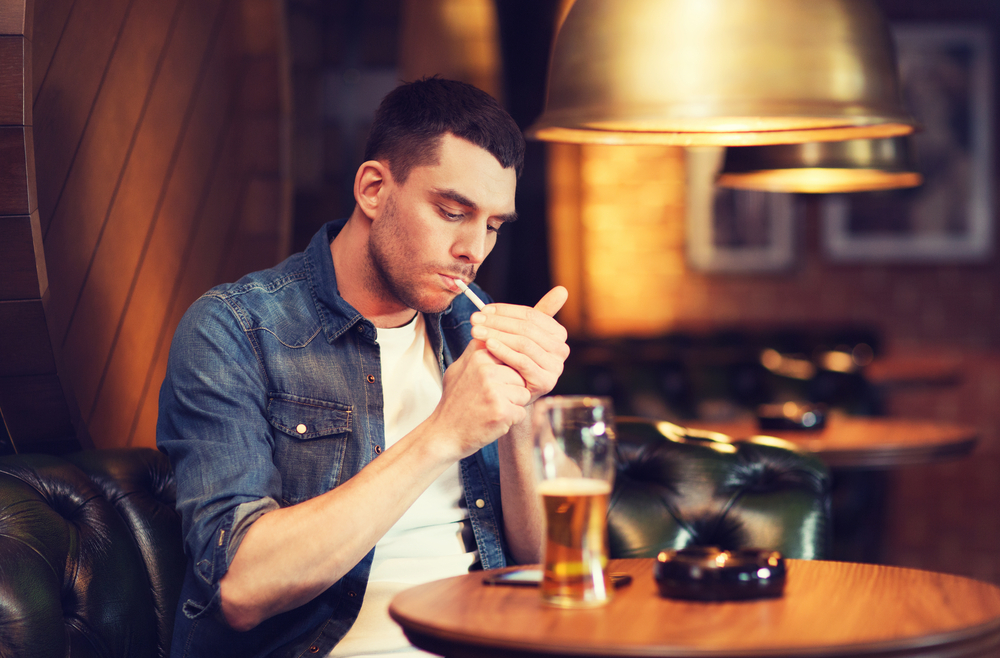
Maybe you’re drinking more than usual, or you’re relying on drugs to numb the pain. While this might provide temporary relief, it’s a dangerous path to take. Substance abuse can make depression worse in the long run, and it can lead to a whole host of other problems. If you find yourself leaning on substances more than you’d like to admit, it’s a sign you need to seek help.
5. You’re struggling to concentrate or make decisions.
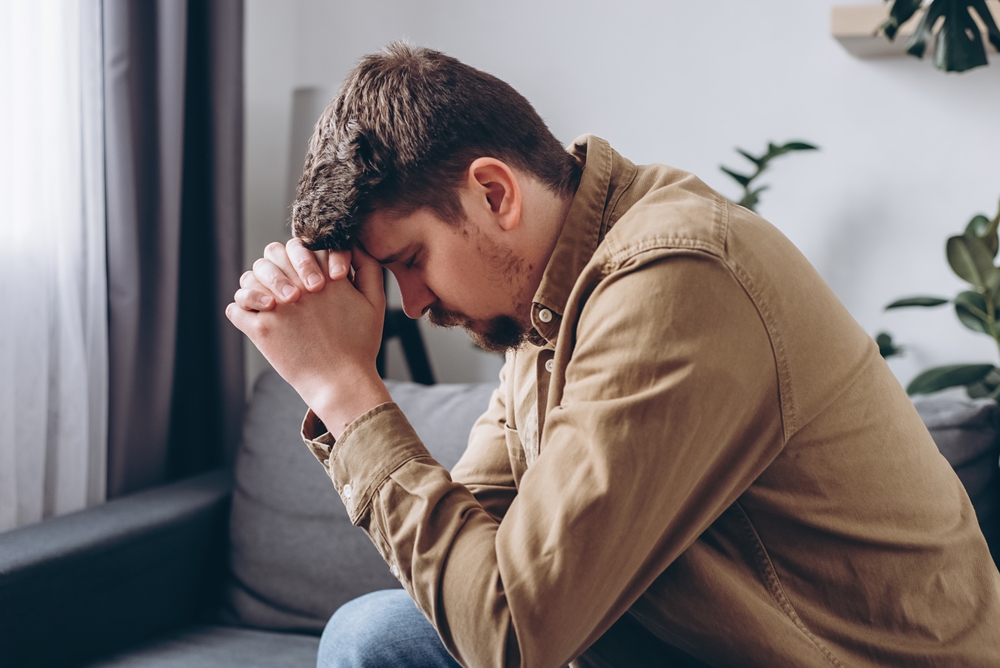
Maybe you can’t focus at work, you’re forgetting important things, or even simple tasks seem overwhelming. Depression can fog up your brain and make it hard to think straight. Even making small decisions, like what to eat for dinner, can feel like a monumental effort. If you’re noticing a significant decline in your mental sharpness, it’s worth investigating further.
6. You’re experiencing physical symptoms with no clear cause.
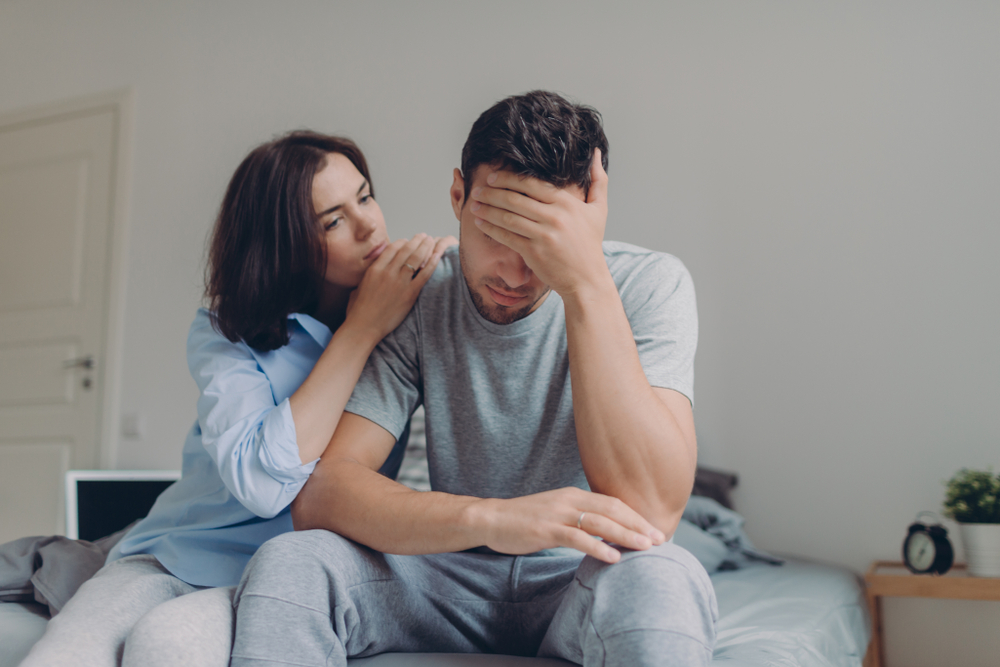
Headaches, stomachaches, muscle aches – you name it, you’ve got it. And yet, your doctor can’t seem to find anything physically wrong with you. This is where it gets tricky. Depression can manifest in all sorts of physical ways, studies have shown, and these symptoms can be just as debilitating as the emotional ones. If you’re dealing with unexplained aches and pains, don’t dismiss it as “just stress.” It could be something more.
7. You’re withdrawing from friends and family.
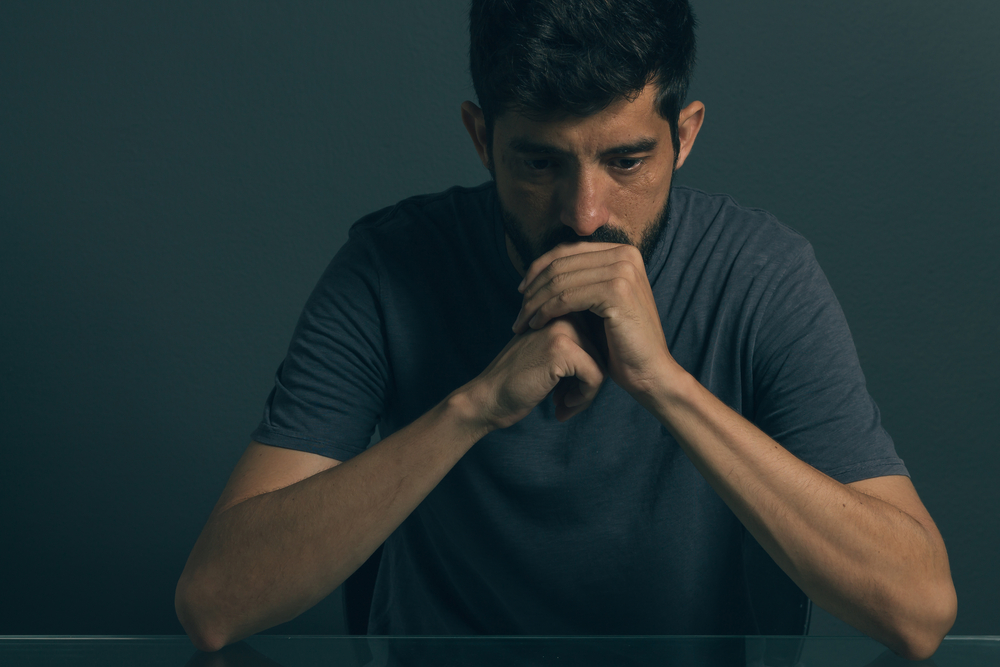
Are you canceling plans, turning down invitations, and generally isolating yourself? Maybe you feel like you’re a burden, or you’re afraid people will judge you. Whatever the reason, withdrawing from social connections is a common sign of depression. It can feel like a safe haven at first, but it can also make you feel even more alone and disconnected.
8. You feel like you’re a failure or a burden to people.

Negative self-talk is a hallmark of depression. You might constantly criticize yourself, feel like you’re not good enough, or believe that you’re letting everyone down. These thoughts can become so ingrained that they feel like the truth, even when they’re not. Recognizing this negative thought pattern is the first step toward challenging it.
9. You’re reckless or impulsive.
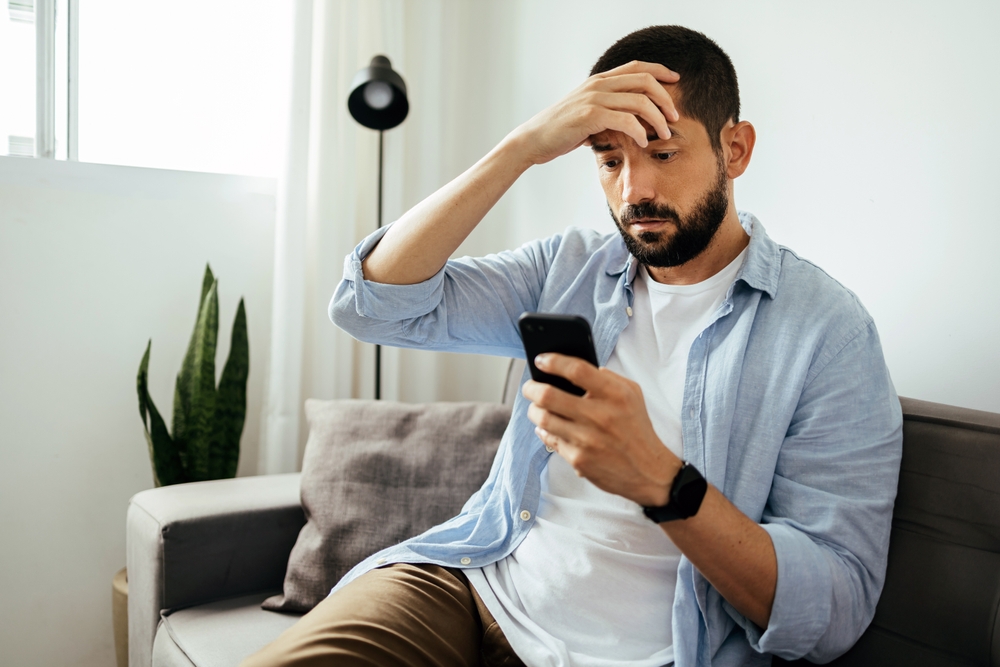
Maybe you’re taking risks you normally wouldn’t, like gambling, driving too fast, or engaging in other dangerous behaviors. This isn’t about being adventurous; it’s about a disregard for consequences and a need for immediate gratification. This recklessness can be a way to mask emotional pain or a cry for help.
10. You’re having trouble with your sex drive.
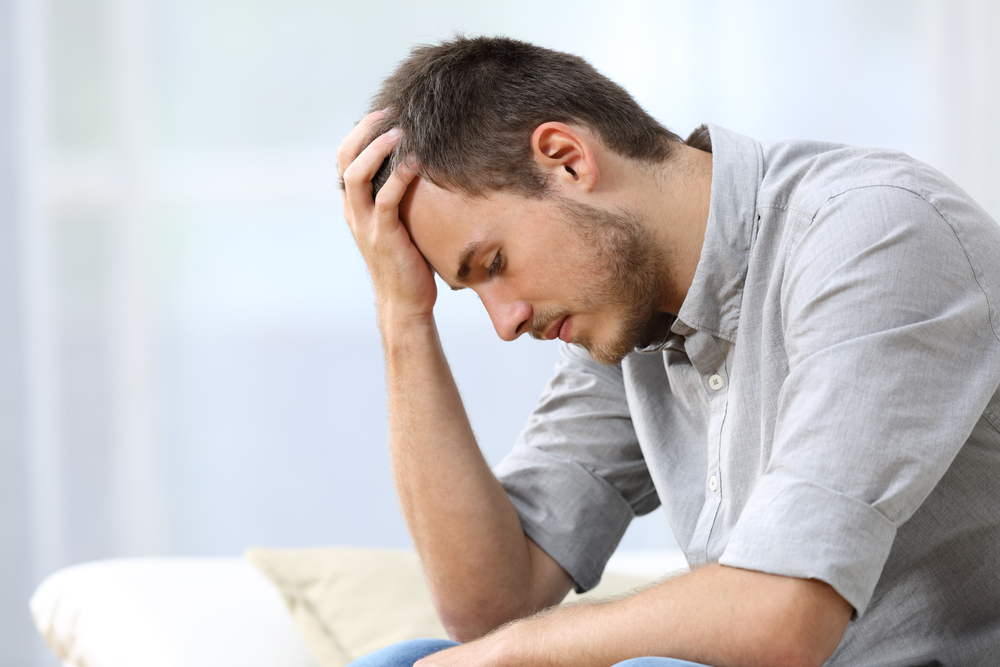
A decreased libido is a common symptom of depression in men, the Cleveland Clinic explains. You might not be interested in intimacy anymore, or you might be experiencing erectile dysfunction. This can create a sense of shame and further fuel feelings of inadequacy. It’s important to remember that this is a symptom, not a personal failing.
11. You feel restless and agitated.
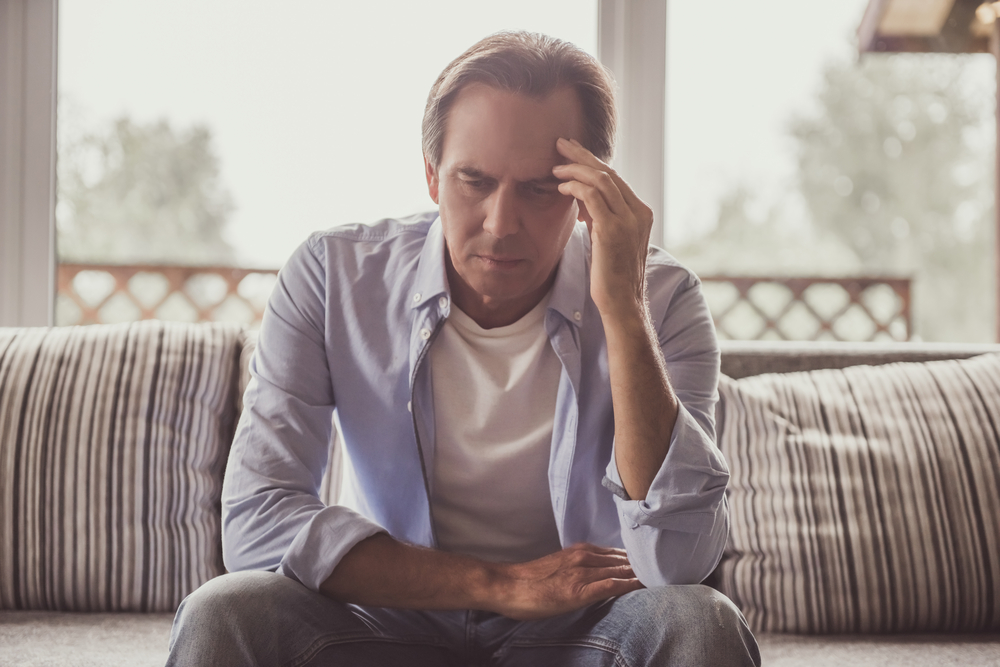
You can’t seem to sit still, you’re pacing, fidgeting, or feeling like you need to be constantly on the move. This restlessness can be a physical manifestation of the emotional turmoil going on inside. It can also make it difficult to relax and get a good night’s sleep, further exacerbating other symptoms.
12. You’re experiencing changes in your appetite or weight.

Maybe you’ve lost your appetite and you’re dropping weight without trying. Or perhaps you’re stress-eating and packing on the pounds. Depression can mess with your eating habits in all sorts of ways. It’s important to pay attention to these changes, as they can impact your physical and mental health.
13. You have thoughts of self-harm or suicide.
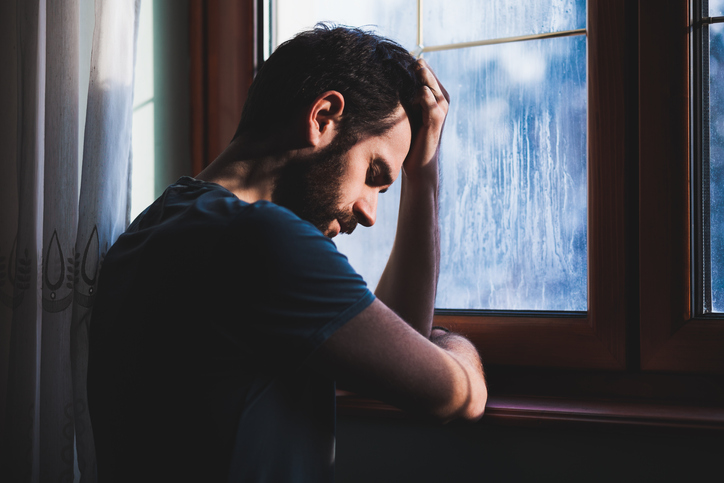
This is the most serious sign of depression, and it requires immediate attention. If you’re having thoughts of harming yourself or ending your life, please reach out for help. There are resources available to support you, and you don’t have to go through this alone. Contact a helpline like the Mental Health America line by calling or texting 988, talk to a trusted friend or family member, or seek professional help.




